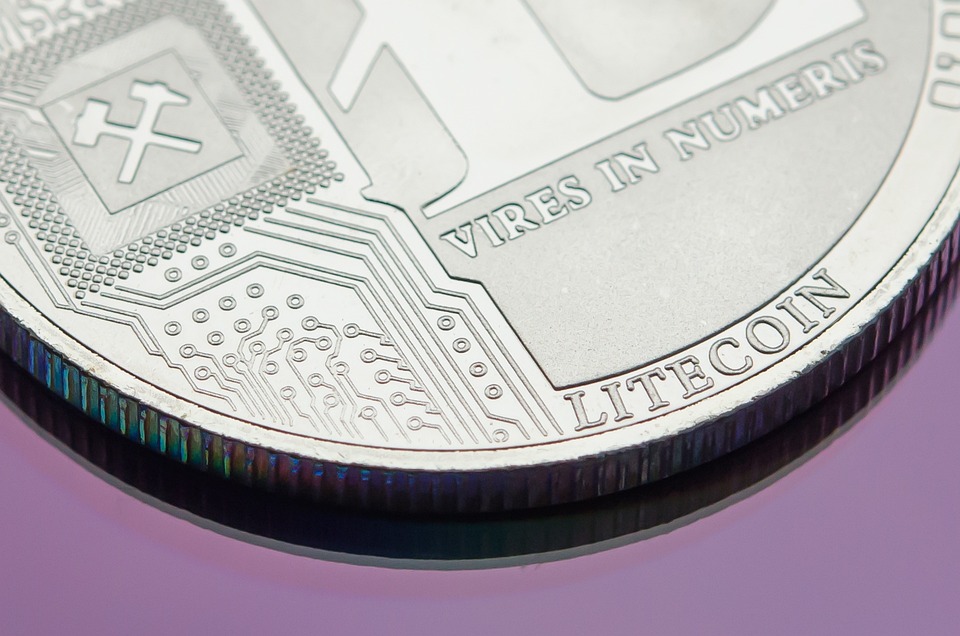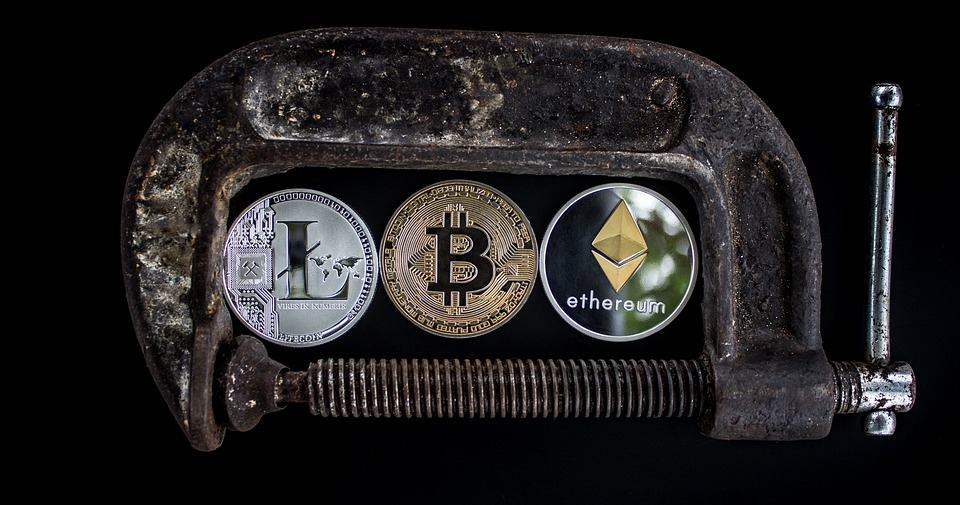Smart contracts are revolutionizing the legal industry by streamlining processes and increasing efficiency. A smart contract is a computer program that automatically executes the terms of a contract when certain conditions are met.
Traditionally, legal processes involve a lot of manual work and paperwork, which can be time-consuming and prone to errors. Smart contracts eliminate the need for intermediaries and automate the execution of contracts, saving time and reducing costs.
One of the key benefits of smart contracts is transparency. The terms of the contract are encoded in the program, so all parties involved can easily see and verify them. This reduces the risk of disputes and prevents misunderstandings.
Smart contracts also enable parties to enforce the terms of the contract automatically. For example, if a payment is due, the smart contract will automatically release the funds once the conditions are met. This eliminates the need for third-party intermediaries, such as banks or lawyers, to oversee the transaction.
Another advantage of smart contracts is security. The blockchain technology that underpins smart contracts ensures that the contract is secure and cannot be tampered with. This gives parties confidence that their agreements will be executed as agreed.
In addition to streamlining legal processes, smart contracts can also improve the efficiency of contract management. By automating the execution of contracts, parties can save time and reduce the risk of errors. Smart contracts can also help parties track the performance of contracts and manage compliance with the terms.
While smart contracts have the potential to transform the legal industry, there are still some challenges to overcome. One of the main challenges is the legal recognition of smart contracts. Currently, most legal systems do not recognize smart contracts as valid legal documents, which can create uncertainty for parties using them.
To address this challenge, legal frameworks need to be updated to accommodate smart contracts. This includes clarifying the legal status of smart contracts and defining the rights and responsibilities of parties using them.
Despite these challenges, the role of smart contracts in streamlining legal processes is undeniable. By automating contract execution, increasing transparency, and improving security, smart contracts have the potential to revolutionize the way legal agreements are made and enforced. As the use of blockchain technology continues to grow, smart contracts are likely to become an essential tool for businesses and individuals looking to streamline their legal processes.




